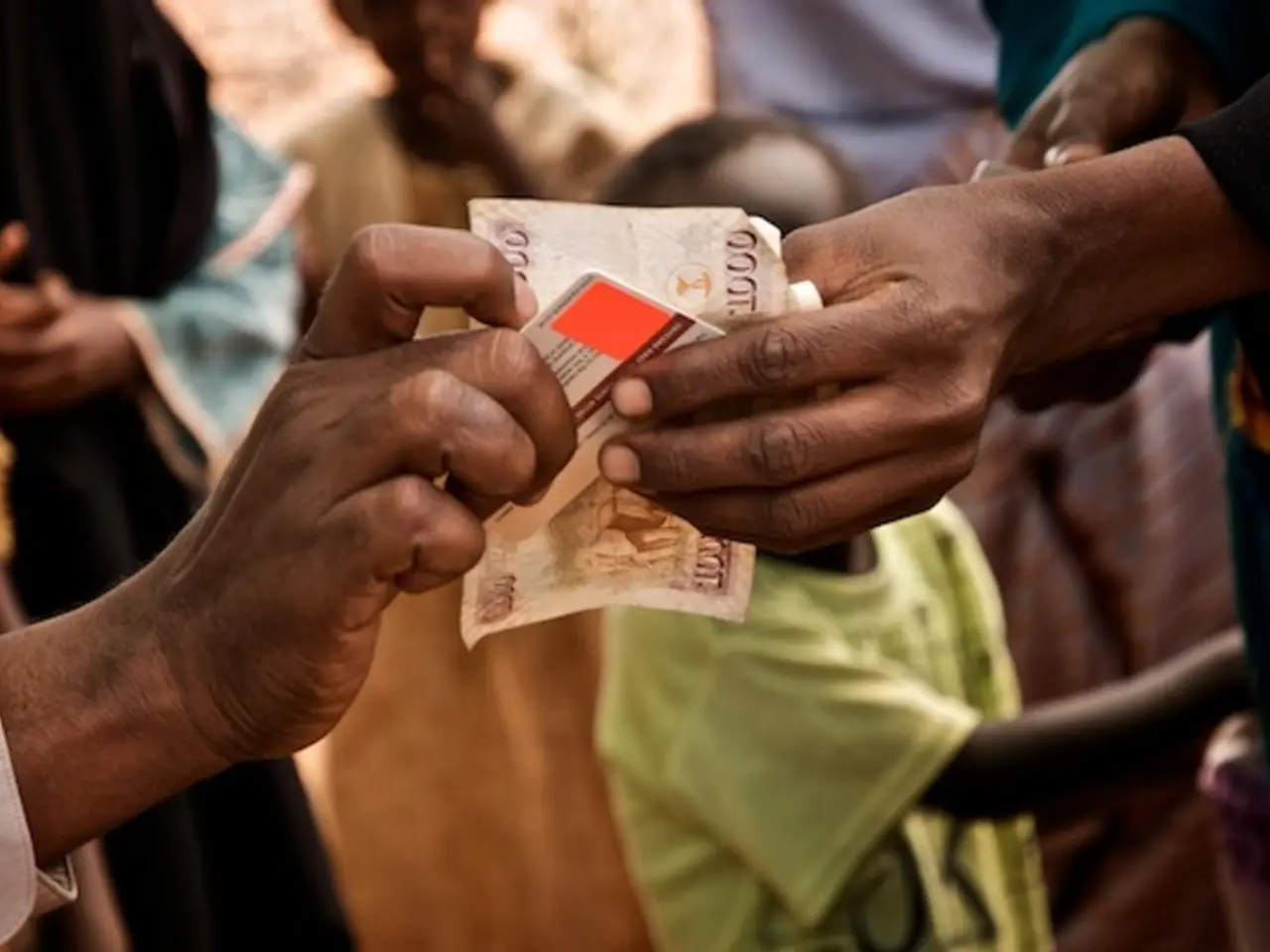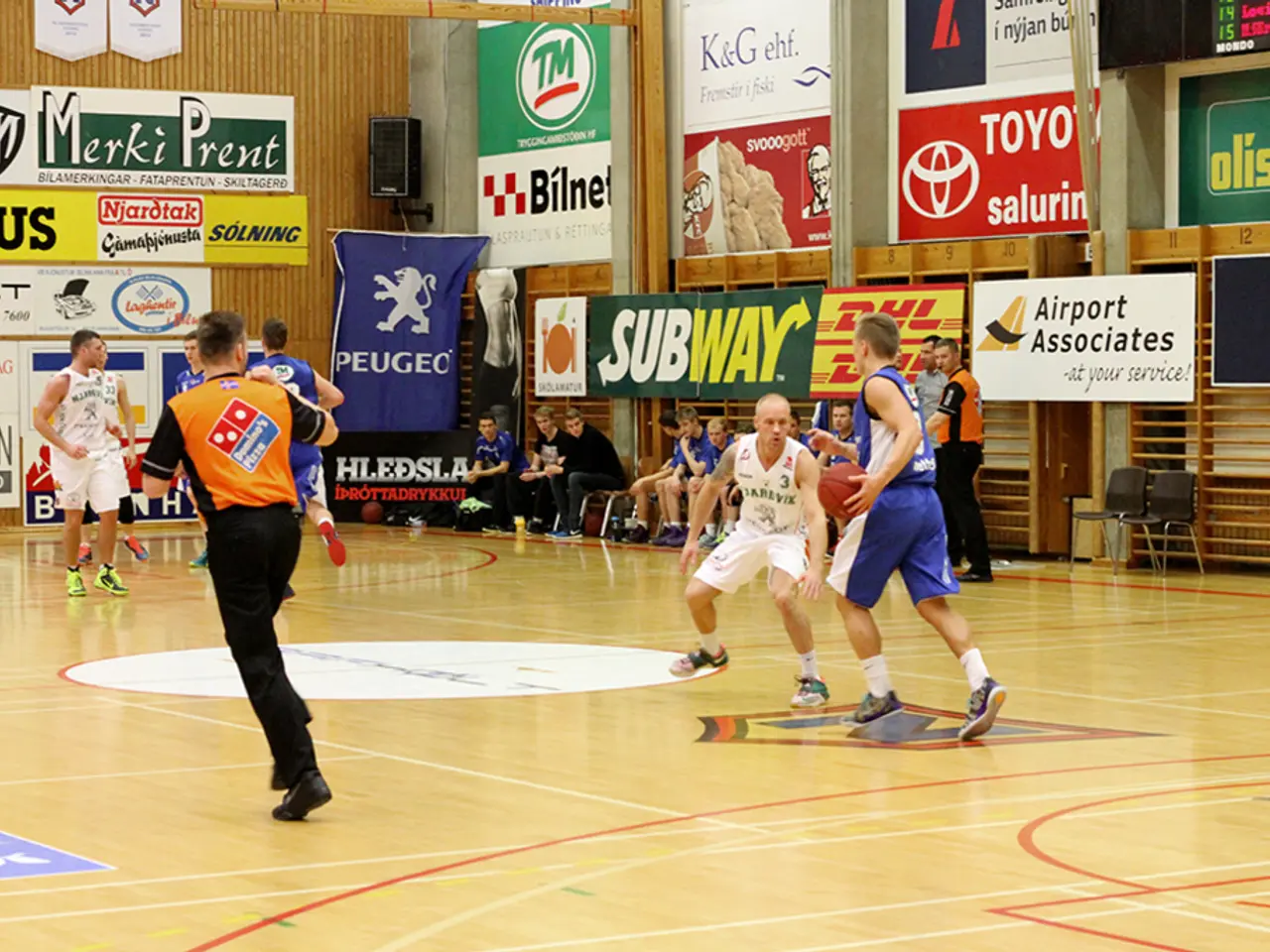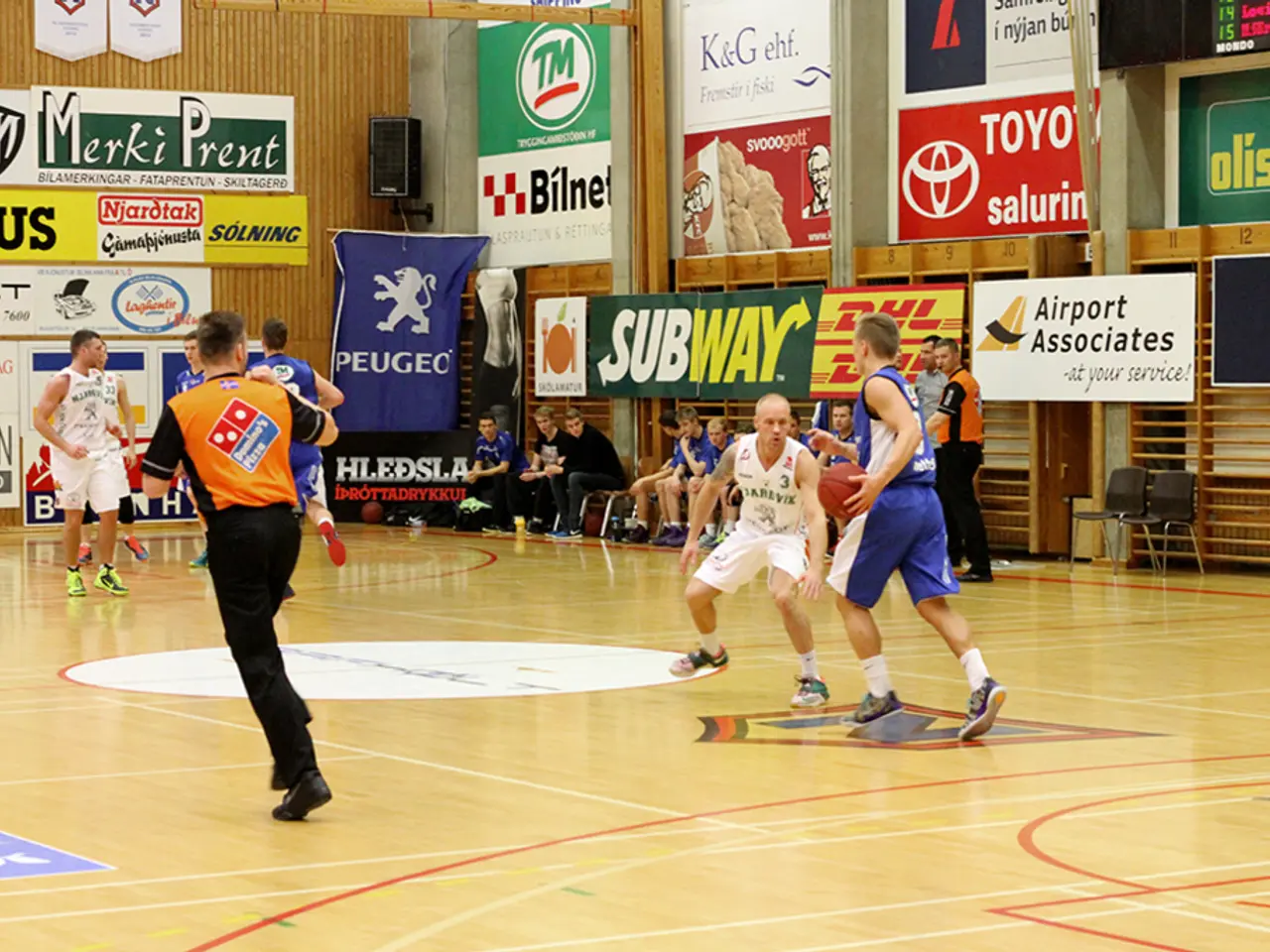Evolution of Cameroon's Gaming Sector Faces Regulatory Obstacles, According to Franklin Ngabe's Discussion
Simplifying Licensing in Cameroon's Gaming Industry: Challenges and Solutions
The gaming sector in Cameroon is undergoing significant changes, with a focus on enhancing oversight and transparency. One of the key developments is the centralization of the payment system, aimed at combating money laundering and the financing of drugs. However, this move has raised concerns about competition and market fairness.
Challenges in Simplifying the Licensing Process
The main challenges in simplifying the licensing process in Cameroon's gaming industry include high financial entry barriers, complex monitoring and control of payments, and heavy administrative requirements. For example, an entry fee of about 520,000 USD was introduced in 2025 for betting companies, which could be a substantial barrier for smaller operators. There is also a central monitoring payment system aimed at controlling mobile money payments through online betting platforms, adding complexity to compliance.
Potential Solutions
To address these challenges, potential solutions revolve around modernizing regulatory frameworks by adopting technology-driven approaches that enhance transparency and reduce bottlenecks. This includes the use of blockchain and AI to streamline licensing, improve fraud detection, automate processes, and enable real-time regulatory oversight.
Collaboration between regulators, industry stakeholders, and technology innovators to create clear, flexible guidelines can simplify compliance and encourage innovation. Regional and international cooperation, as well as applying learnings from global examples, emphasize agility and the adoption of tech solutions to handle regulatory overload and legislative constraints efficiently.
InTouch has been granted a monopoly over the payment system, which could potentially deter competition. Simplifying the application requirements for licenses without compromising regulatory standards would help build a more competitive and inclusive gaming industry in Cameroon.
A Path Forward
By reducing red tape, the country could potentially attract more operators to the market, creating jobs and stimulating the local economy. Lowering financial barriers could also foster a more competitive and inclusive gaming industry. Leveraging technology and collaboration can help Cameroon's gaming industry navigate these challenges and grow sustainably.
[1] "Cameroon's Gaming Industry: Challenges and Opportunities." Prima Attorneys Law Firm, 2022. [3] "Blockchain and AI in Gaming Regulation: A New Era for Compliance." Regulatory Review, 2023. [5] "Regulatory Modernization in the Gaming Industry: Lessons from Around the World." International Gaming Journal, 2024.
Sports betting and lottery operations fall under Cameroon's gaming industry, which is undergoing reforms to combat money laundering and improve transparency. The centralized payment system, while helping with control, could potentially hamper competition due to the high entry fees and complex monitoring requirements, creating barriers for smaller operators. To foster a more competitive gaming industry, simplifying licensing requirements without compromising regulatory standards, adopting technology-driven approaches, and collaborating with stakeholders could be strategic solutions.





